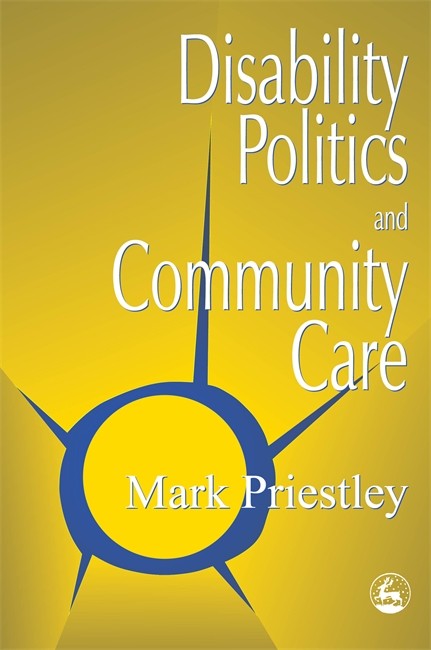Part 1 Some general hypotheses; some specific questions; towards a model for disability research; case study methods versus structure of the book. Part 2 Disabling values - disabling policies: disabling values; an agenda for change? disabling values and community care. Part 3 An enabling counter-culture: social movements; the disabled people's movement; the movement for independent living. Part 4 From principle to practice: personal assistance and independent living; care assessments and self-assessment; care management and self-management. Part 5 Marketing the social model: a market for independent living; the politics of contracting; the impact of contracting. Part 6 Improving services: in search of standards; some experience of quality; improving service quality; towards a measure of participation. Beyond services: what kind of outcomes? some examples of service outcomes; quality of life; quality and equality. Part 8 Barriers and strategies: bridging the implementing gap; the scope of legislative change; social change.
Request Academic Copy
Please copy the ISBN for submitting review copy form
Description
[this] may well be a set book for the near future, when disabled people's experience has become the model and inspiration for tackling barriers of exclusion. In the way that Colin Barnes' Disabled People in Britain and Discrimination in 1991 helped to break the deadlock in progress towards anti-discrimination legislation, Priestley's book could help take a step nearer to a ""new profession"" of the kind envisaged by Finkelstein and Stuart (1996).

